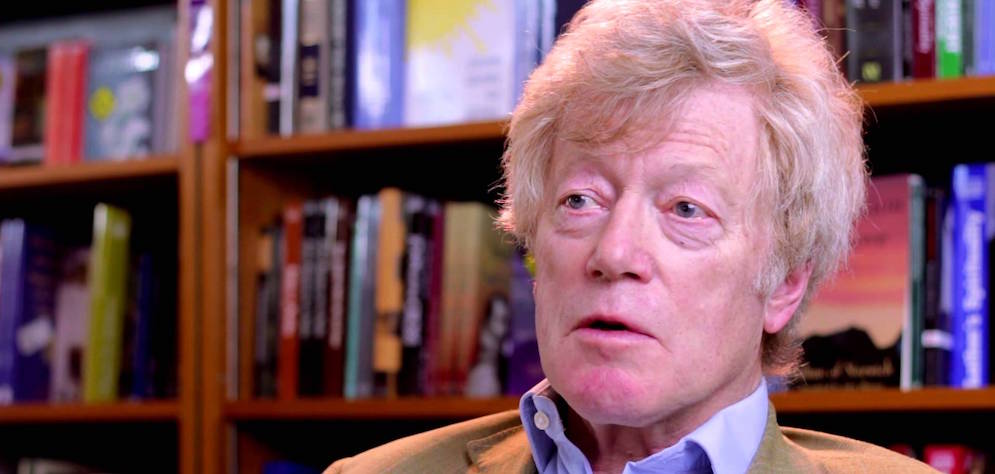We are pleased to publish this guest feature by Bryan Baise.
On Monday, the Conservative Political Action Conference (CPAC) rescinded their invitation to Milo Yiannopoulos after a video recording emerged which many interpreted to be a defense of pedophilia. Milo has since clarified his comments (which are no less worrisome). Yet this did not prevent CPAC from pulling the plug on his keynote address to their conference.
Login to read more
Sign in or create a free account to access Subscriber-only content.
Topics:
